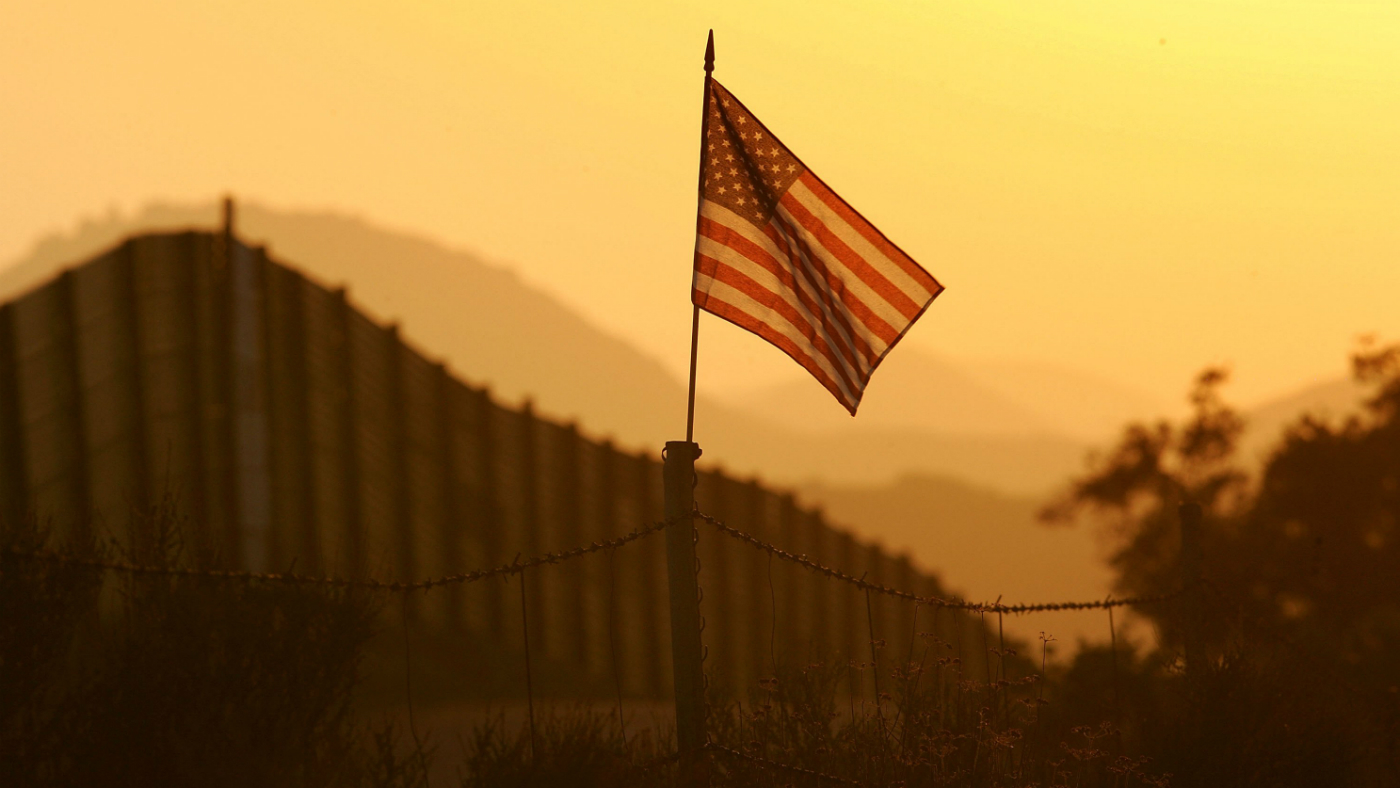US immigration officials force-feeding detainees
Nearly 30 migrants from India and Cuba are refusing to eat in protest at alleged mistreatment

A free daily email with the biggest news stories of the day – and the best features from TheWeek.com
You are now subscribed
Your newsletter sign-up was successful
Undocumented immigrants are being force-fed through plastic nasal tubes after going on hunger strike at a detention facility in Texas, the US authorities have confirmed.
Immigration and Customs Enforcement (ICE) official said that 11 detainees at the El Paso Processing Center have been refusing food, some for more than 30 days. Another four detainees are on hunger strike in Miami, Phoenix, San Diego and San Francisco, the border force added.
However, it has been claimed that the number of people taking part in the strike is actually almost double that claimed by the authorities.
The Week
Escape your echo chamber. Get the facts behind the news, plus analysis from multiple perspectives.

Sign up for The Week's Free Newsletters
From our morning news briefing to a weekly Good News Newsletter, get the best of The Week delivered directly to your inbox.
From our morning news briefing to a weekly Good News Newsletter, get the best of The Week delivered directly to your inbox.
Detained immigrants, a relative and a lawyer representing hunger strikers told the Associated Press that a total of nearly 30 people, most of them from India and Cuba, have been refusing to eat at the Texas facility. Some are said to be so weak that they cannot stand up or talk.
“They are not well. Their bodies are really weak, they can’t talk and they have been hospitalised, back and forth,” said Amrit Singh, uncle of two men from India have been on hunger strike.
“They want to know why they are still in the jail and want to get their rights and wake up the government immigration system.”
The immigrants stopped eating in protest against threats of deportation and alleged verbal abuse from guards, as well as lengthy lock-ups while awaiting legal proceedings.
A free daily email with the biggest news stories of the day – and the best features from TheWeek.com
In a statement, an ICE spokesperson did not comment on the allegations of abuse but said that the El Paso processing centre would follow the federal standards for care.
A federal judge authorised force-feeding of some El Paso detainees in mid-January, two weeks into the hunger strike, the spokesperson added.
Force-feeding “can be very painful and has been condemned by both the American Medical Association and the World Medical Association”, says news site The Daily Beast.
“It is very alarming, it is very concerning,” Liz Martinez of Freedom for Immigrants, a group that opposes immigration detention, told The Guardian.
The organisation first learned about the force-feedings through an affiliate group that has visitation rights at the El Paso facility.
“When people go on a hunger strike, it’s their last resort,” said Martinez.
“By starving themselves, these individuals really want the public to know the suffering they are facing in ICE detention and draw attention to it, especially because ICE is a place where they don’t really want information to be released.”